Optimal Timing for Water Treatments
Water treatments are most effective when performed during specific periods that optimize water quality and system efficiency. The timing depends on factors such as seasonal changes, water usage patterns, and water source conditions. Proper scheduling ensures contaminants are managed, and equipment remains in optimal condition, reducing long-term maintenance costs.
Spring is ideal for water treatments as water systems often experience increased use after winter, and treatment prepares systems for warmer months.
Before peak usage in summer, conducting water treatments can prevent buildup and ensure water quality during high-demand periods.
Treatments in fall help address any accumulated minerals or contaminants from the warmer months, preparing systems for winter.
Water treatments during winter are less common but may be necessary for systems exposed to freezing temperatures or if issues arise.
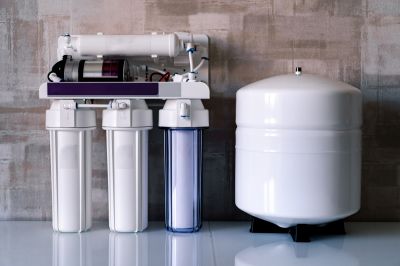
Advanced systems used for water purification and conditioning.
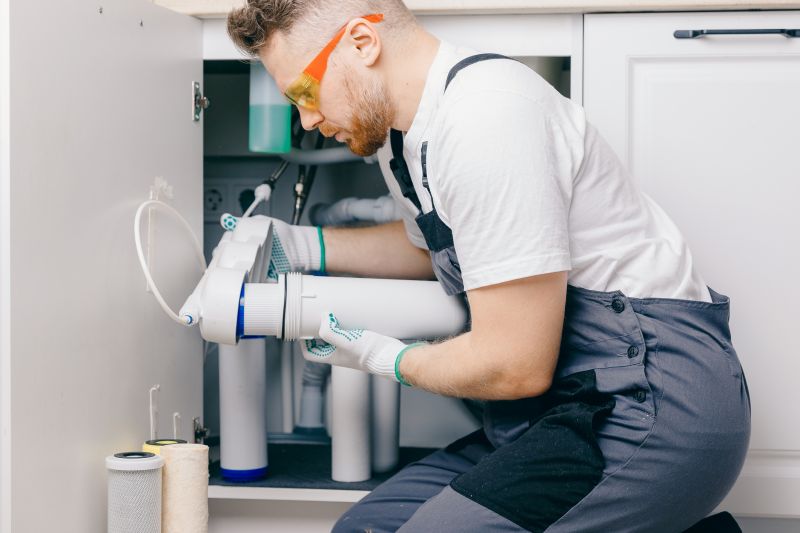
Sampling and analyzing water quality to determine treatment needs.
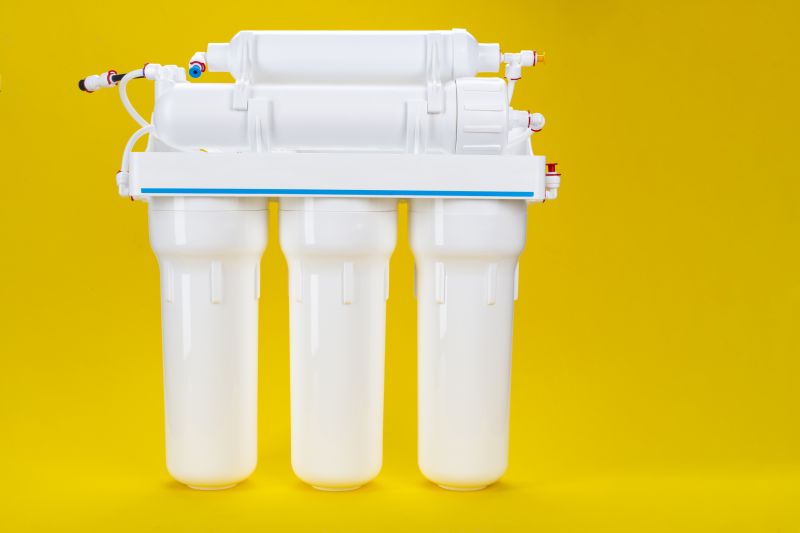
Applying disinfectants or conditioners to improve water quality.
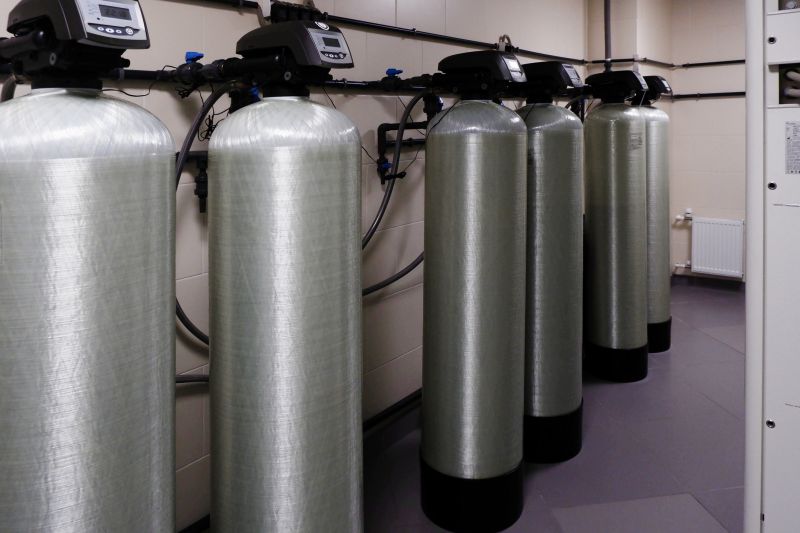
Ways to make Water Treatments work in tight or awkward layouts.
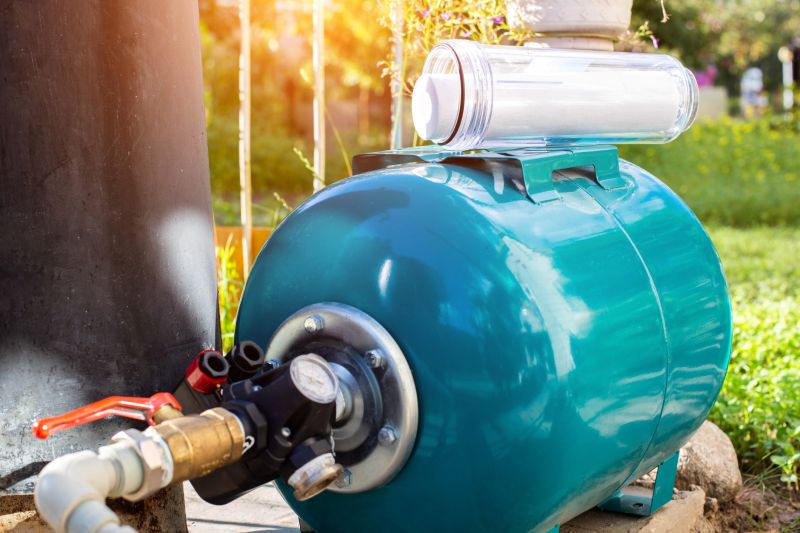
Popular materials for Water Treatments and why they hold up over time.
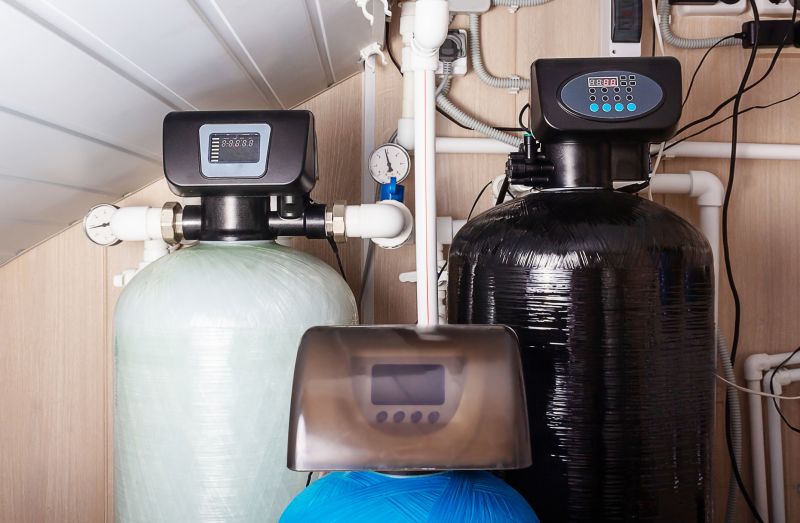
Simple add-ons that improve Water Treatments without blowing the budget.
| Season | Recommended Water Treatment Timing |
|---|---|
| Spring | Perform treatments to prepare for increased usage and prevent buildup. |
| Pre-Summer | Schedule treatments before peak demand begins. |
| Fall | Address mineral buildup and prepare systems for winter. |
| Winter | Treatments are optional unless issues or freezing risks occur. |
| Year-round | Regular testing and maintenance as needed based on water quality. |
Water treatments play a crucial role in maintaining water quality, preventing scale buildup, and ensuring the longevity of plumbing and filtration systems. Proper timing enhances treatment effectiveness and helps avoid costly repairs or replacements. Regular assessments and scheduled treatments are recommended to sustain optimal water conditions.
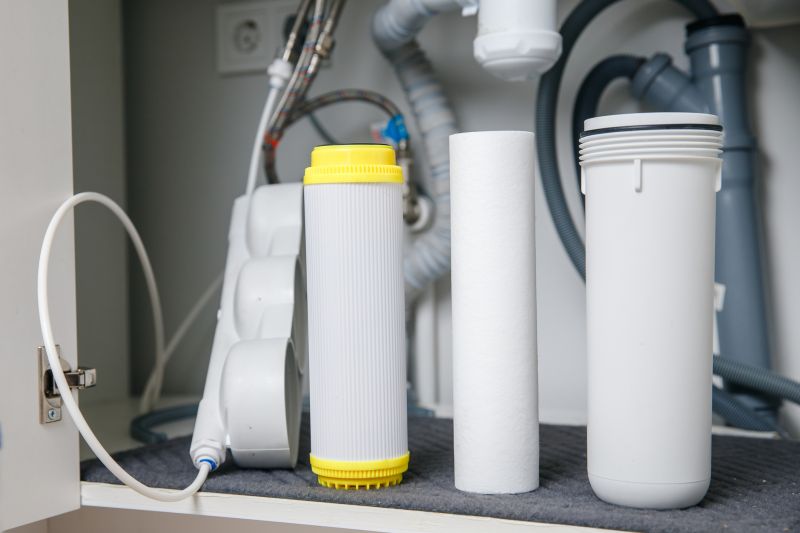
Components such as filters, softeners, and disinfectants.
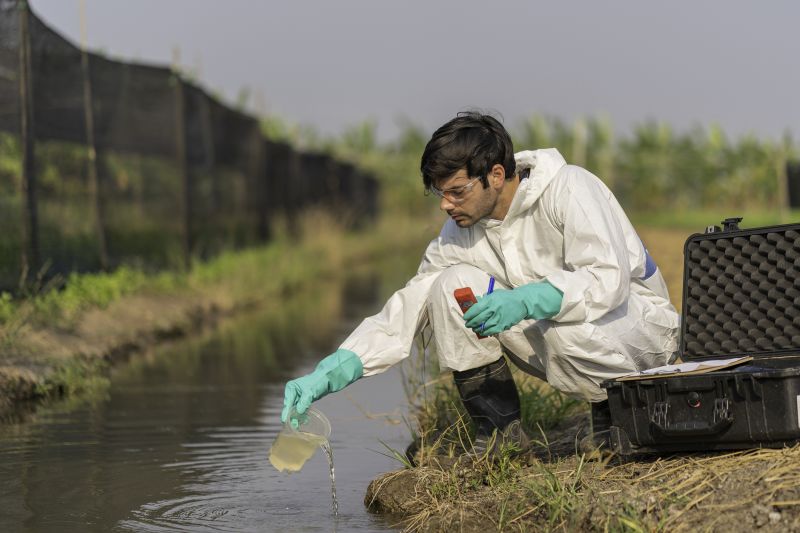
Tools and methods for assessing water purity and safety.
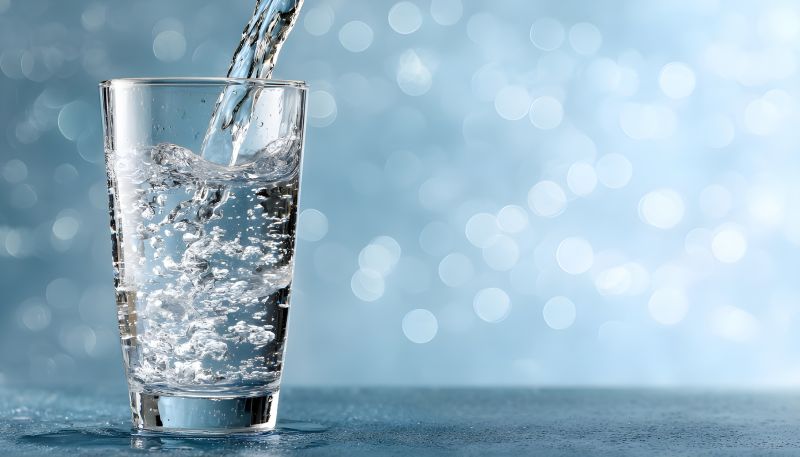
Application of chlorine or other disinfectants.
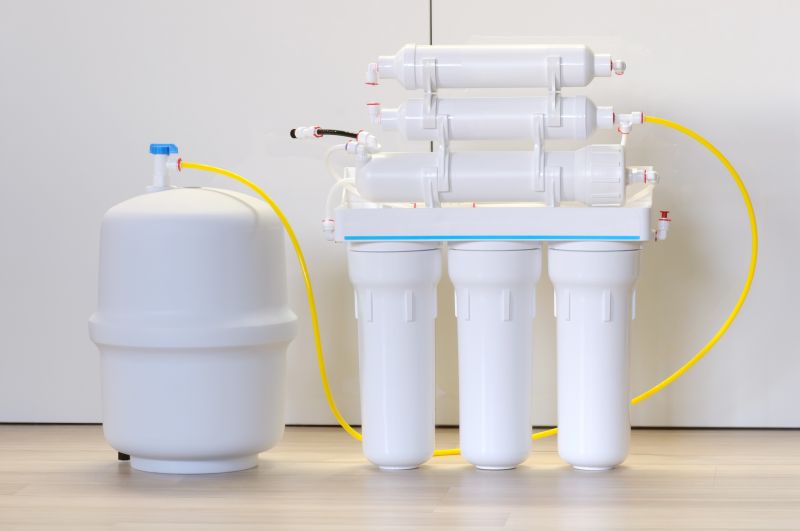
Removing contaminants through advanced filtration.
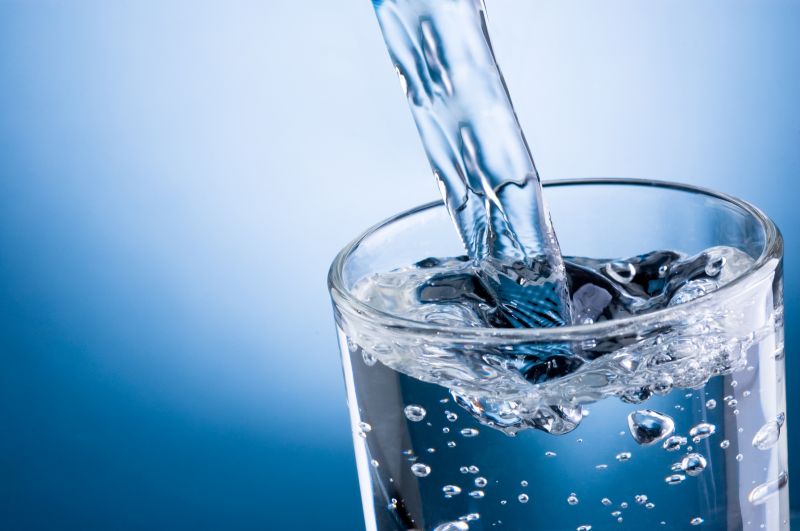
High-end options that actually feel worth it for Water Treatments.
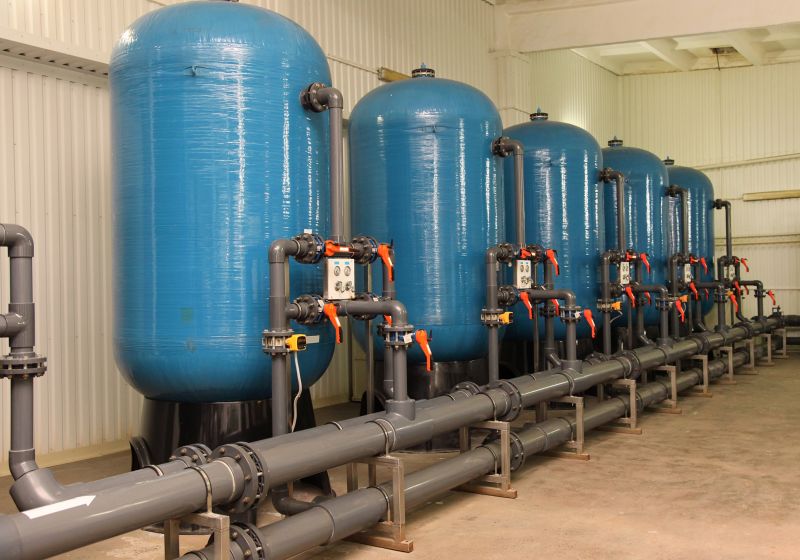
Finishes and colors that play nicely with Water Treatments.
Scheduling water treatments at appropriate times ensures consistent water quality and system performance. Consulting with water treatment specialists can help determine the best timing based on local water conditions and usage patterns.

